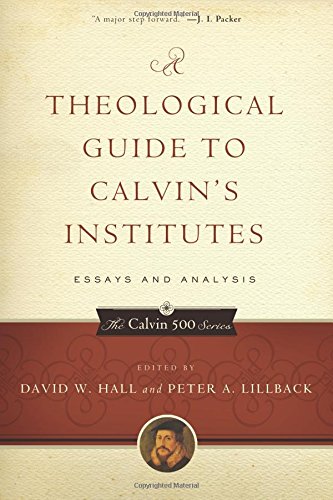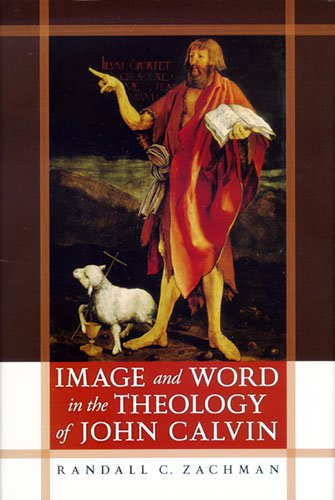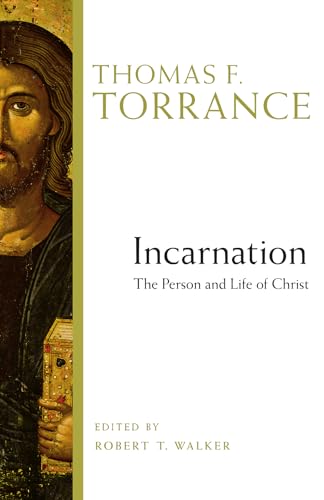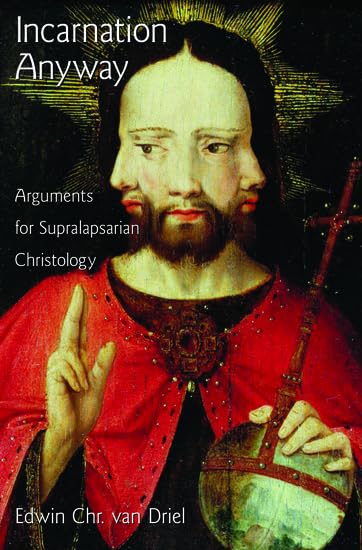The Re-Enchantment of Morality: Wisdom for a Troubled World
Written by Richard Harries Reviewed By Andy DraycottFormerly the Church of England’s Bishop of Oxford, Richard Harries continues to sit in the UK Parliament’s House of Lords as Lord Harries of Pentregarth. Among significant contributions to public life he presently chairs the Ethics and to the first. The fullest is the discussion of sex, and it is here that evangelicals will question whether Harries’s theology is doing enough work. Commending the ideal of marriage, and even US campaigns for ‘chastity (p. 86), Harries nevertheless sees the wisdom of twenty-something cohabitation to discover ‘sexual compatibility (p. 86) and further can commend the touching beauty and fidelity of homosexual relationships (pp. 89–92). Harries seems to perpetuate the confusion that cannot differentiate including the self-identified gay person (whatever criticisms there might subsequently be of this manner of self-identification) in the Christian life and excluding what would traditionally be denoted as fornication—sexual union outside of marriage between and man and a woman. This confusion stems, simply observed, from a failure to allow for singleness and celibacy in the shape of the moral life in the tension between the times. The humble compromise ethic, propounded with great wisdom and dexterity in parts, is also the fruit of a theological failure to take Scripture seriously as canon, as rule, so that the account of who we are as moral agents—Harries’s moral anthropology—is founded on wisdom as the playground of experience, not revelation. Experience will distort precisely the recognition and response to the God of Christ in Scripture by the Holy Spirit when it is lifted into the foreground of moral reasoning. The key term that is missing, even as Harries discusses duty throughout and particularly in his discussion of power, is that of authority. Once experience takes over, as it threatens to do in his account, the human moral agent becomes the authority, rather than the one authorised by the Author. Yet it cannot go unnoticed that Harries, in that same chapter on sex, shows considerable clarity on the distinction between moral and criminal assessments of sexual acts, prostitution and sex trafficking as it informs legislation, assessments for which his Parliamentary career equips him well.
Harries wears his considerable learning lightly and is careful to provide sensitive illustrations and quotations from a range of theological and literary sources. One error stands out, although amusing for the Christian ethicists in crowd, when the author Samuel Wells (correctly named in the endnote reference) is actually called Stanley Wells in the main text, just before being identified as following Stanley Hauerwas, from whence the creeping error has undoubtedly spread. There is a great deal to commend the structure of Harries’s apologetic account of the importance of moral theology for the task of moral reasoning that must sustain our decision-making. He is a graciously irenic writer with whom to disagree, very consciously driving the Christian reader to mine responsively Scripture and the Christian tradition in a way that must at least match Harries’s seriousness of purpose and eloquence of speech.
Andy Draycott
Andy Draycott
Biola University
La Mirada, California, USA
Other Articles in this Issue
Why are we talking about preaching with power? Because of what Christianity is...
In the mid-twentieth century, one could readily find informed Protestant observers acknowledging the Calvinist tradition’s major missionary contribution...
The summer of 2007 was the wettest in Britain since records began, registering over twice the usual amount of rainfall between May and July...
How Far Beyond Chicago? Assessing Recent Attempts to Reframe the Inerrancy Debate
by Jason S. SextonThe doctrine of inerrancy has been a watershed issue among evangelicals in the West, perhaps now more evident than ever...
Quite apart from commentaries and hermeneutical textbooks, books on the Bible—its nature and ultimately its authority—have been appearing with daunting frequency of late







